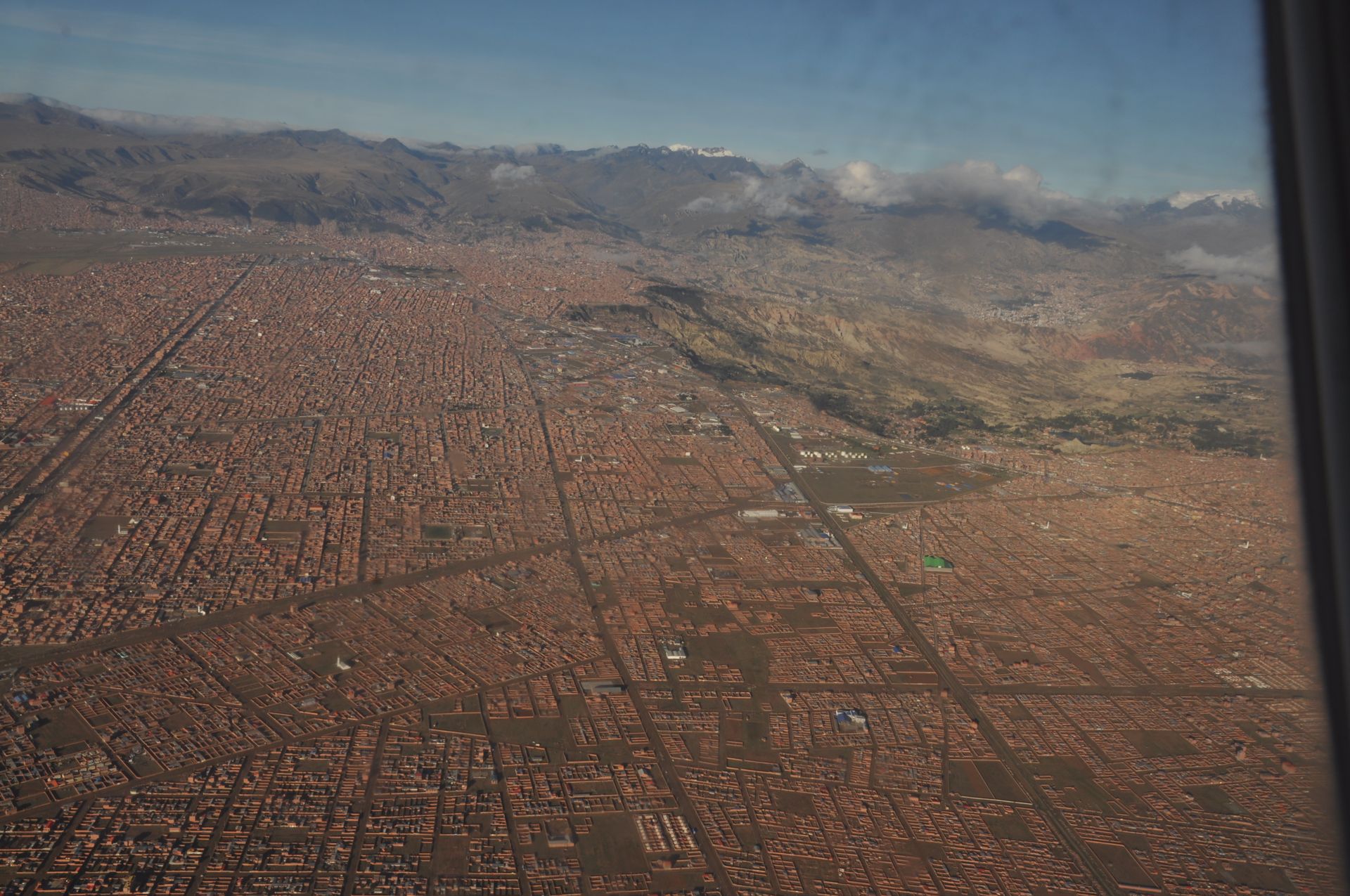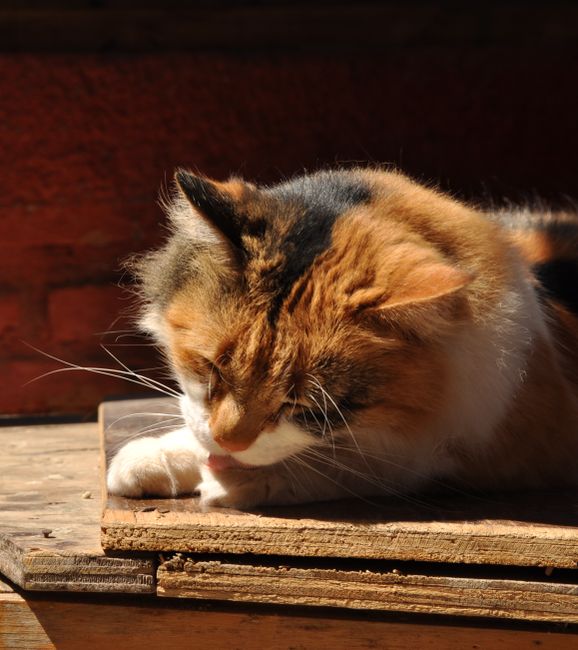Jungle worlds and mountains of garbage
已發表: 19.08.2018
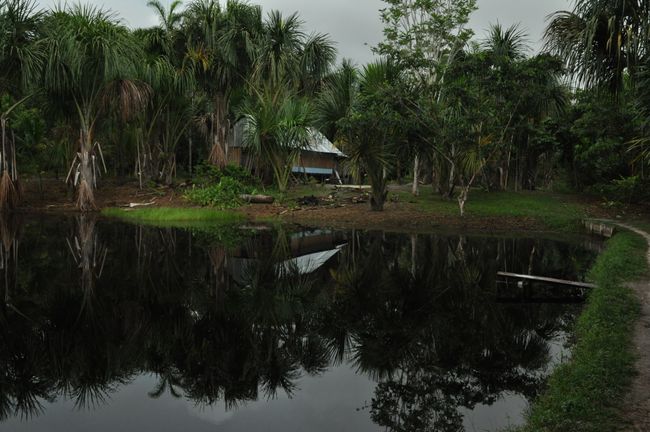
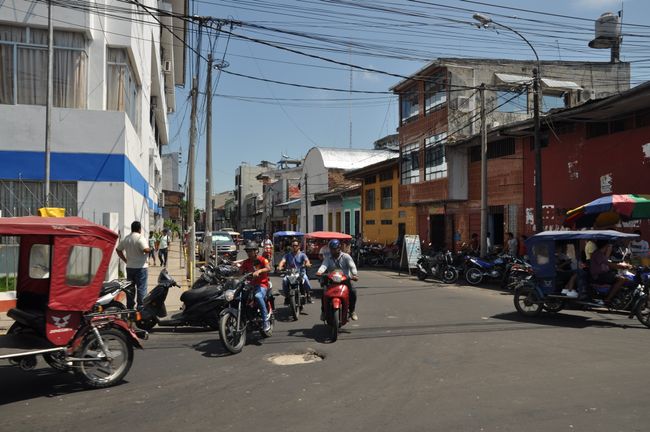
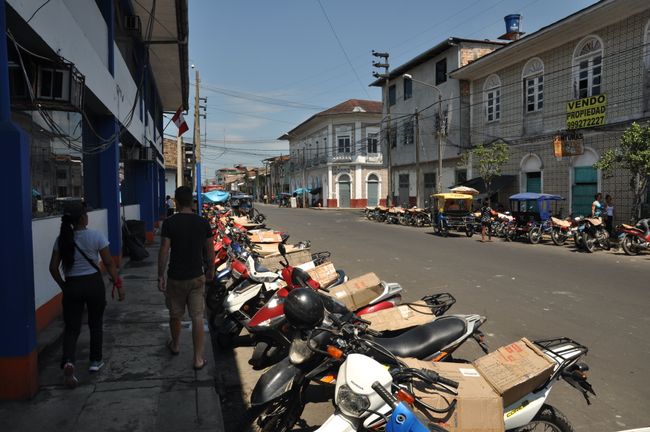
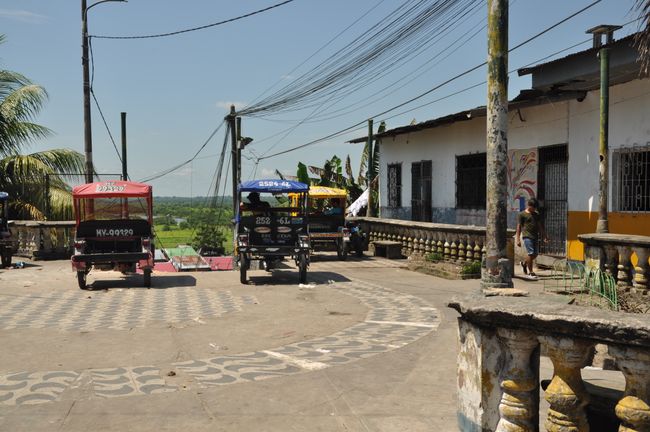
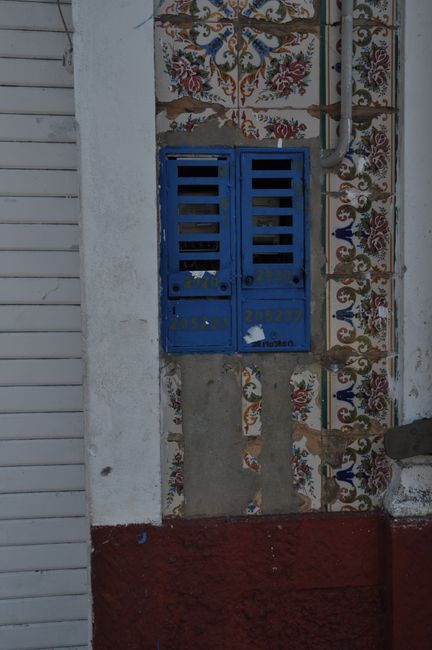
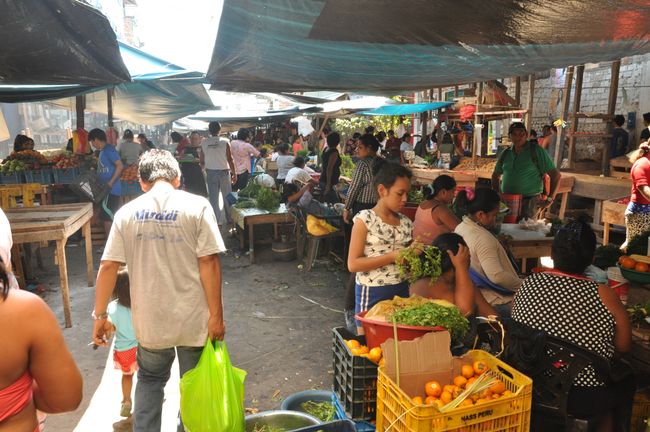
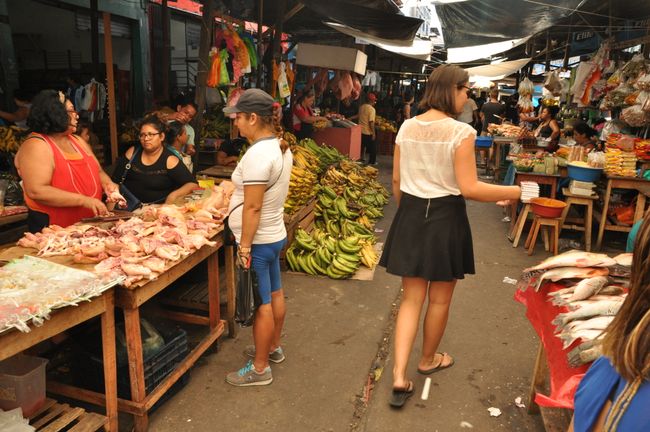
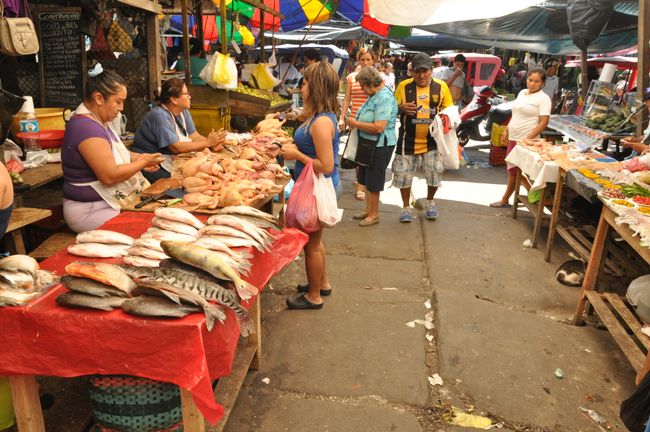
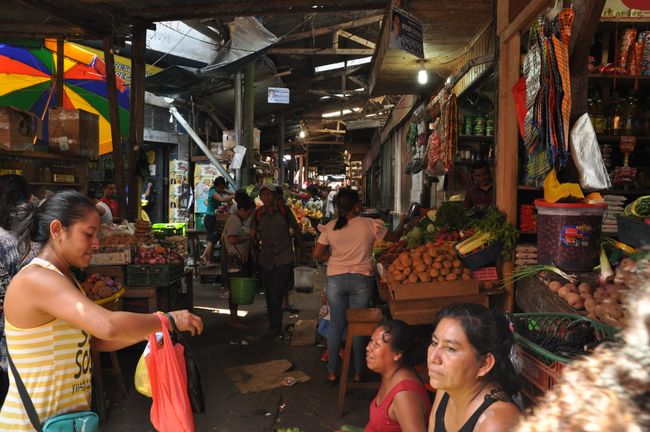
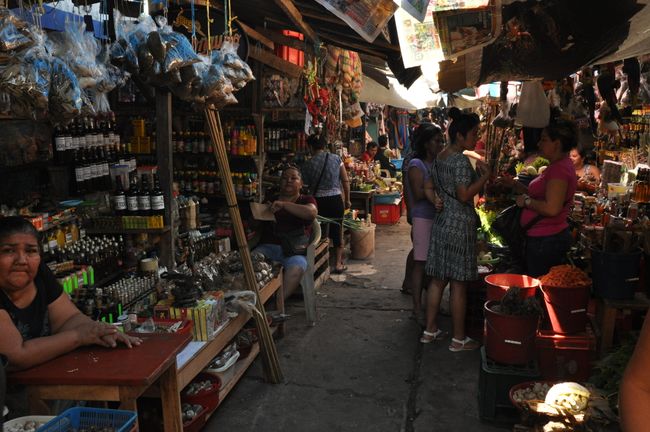
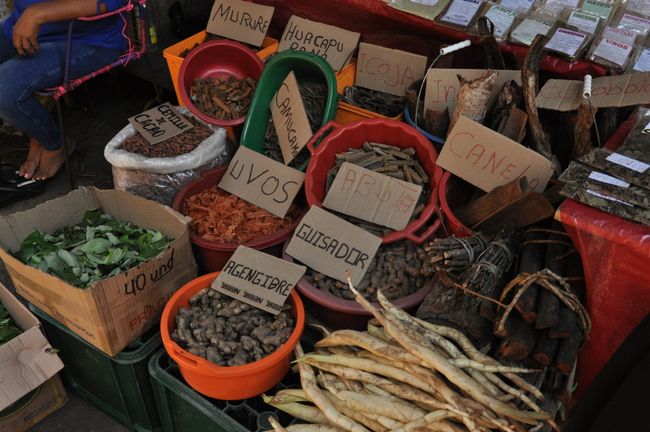
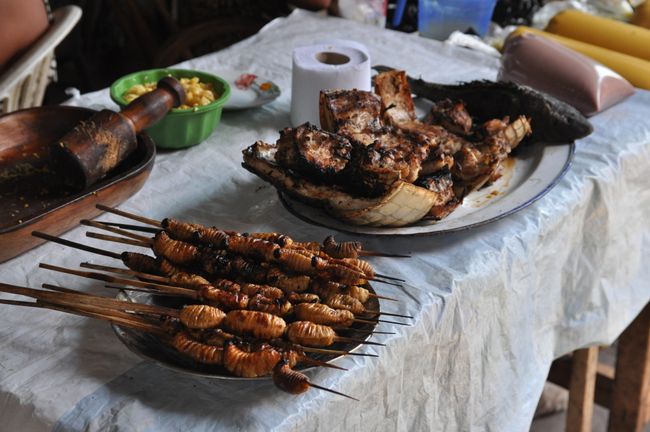
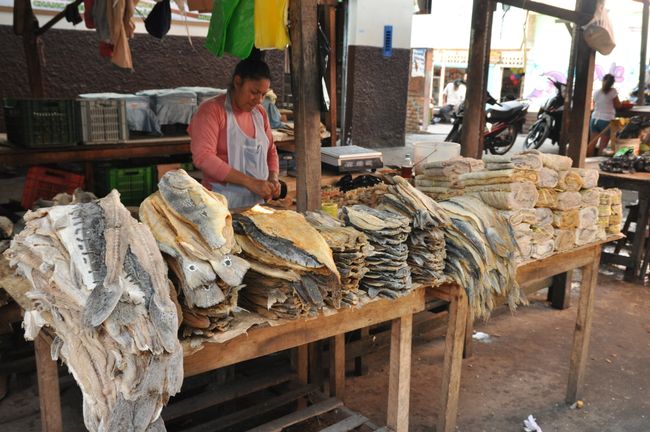
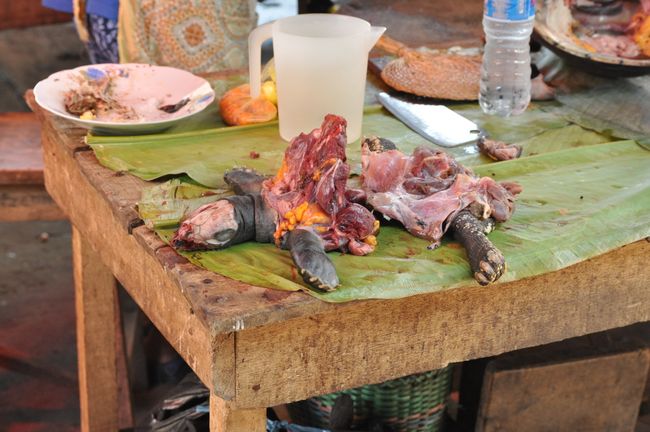
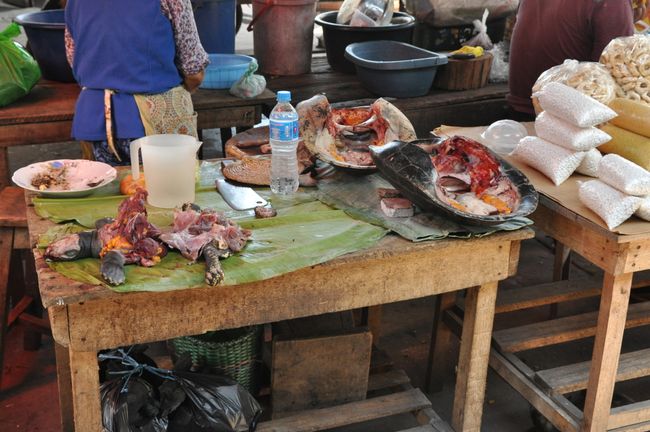
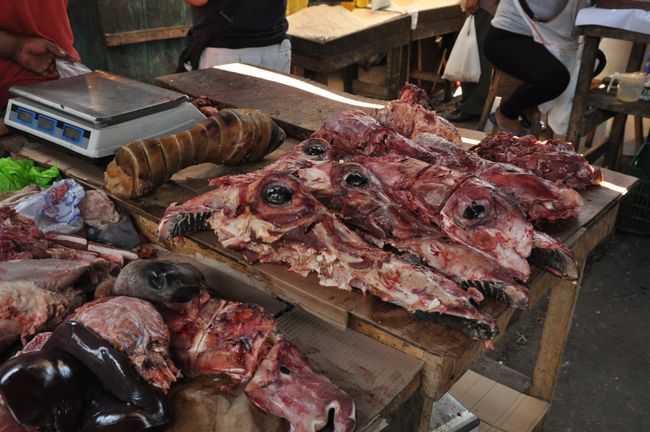
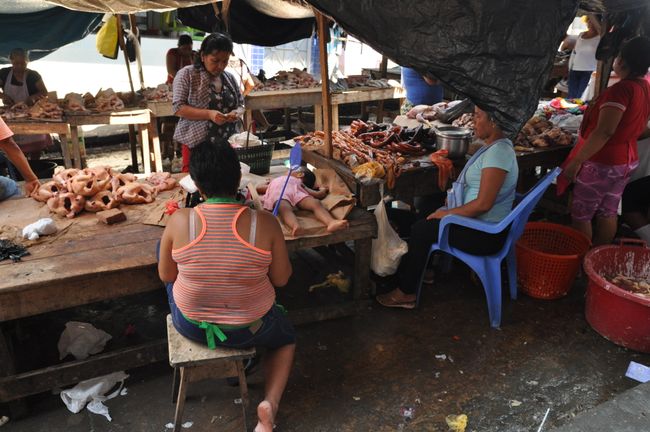
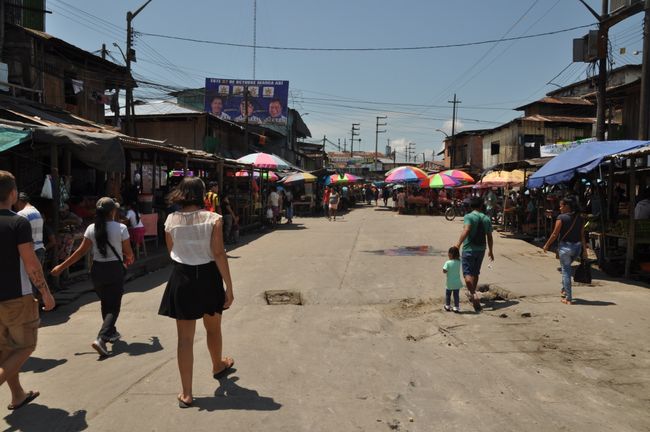
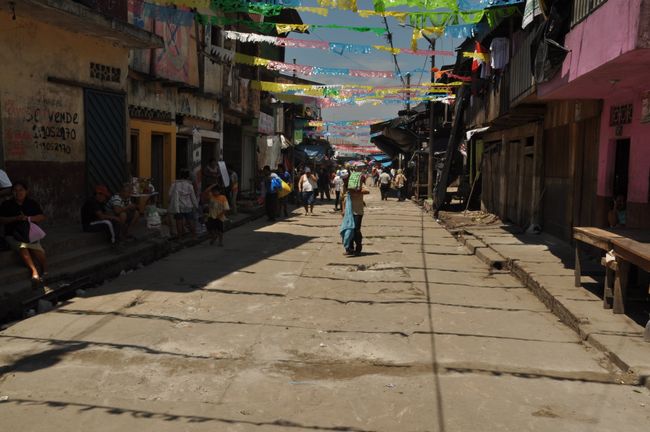
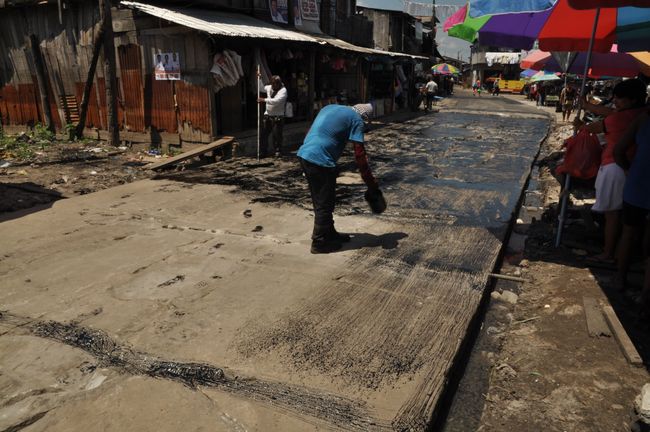
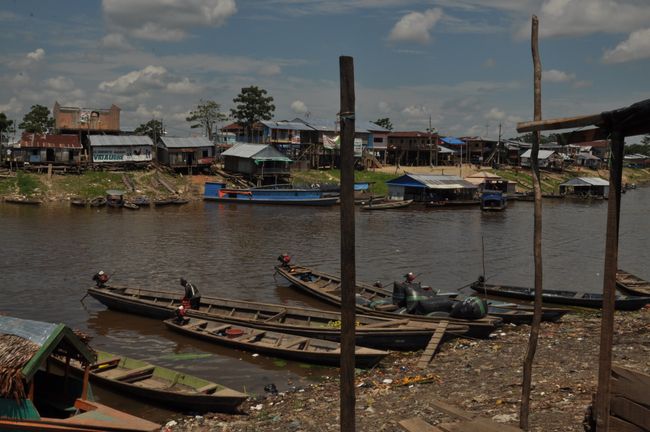
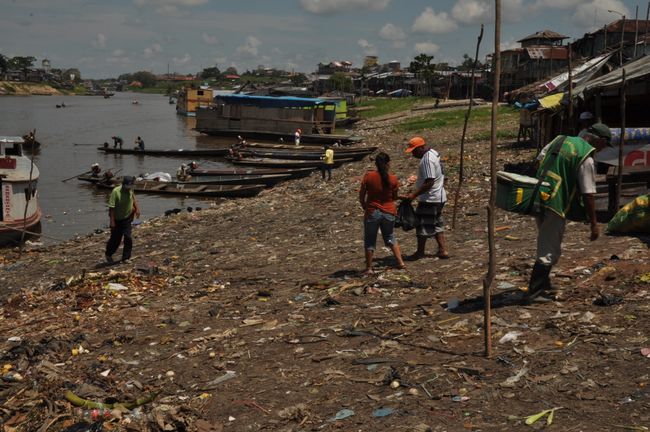
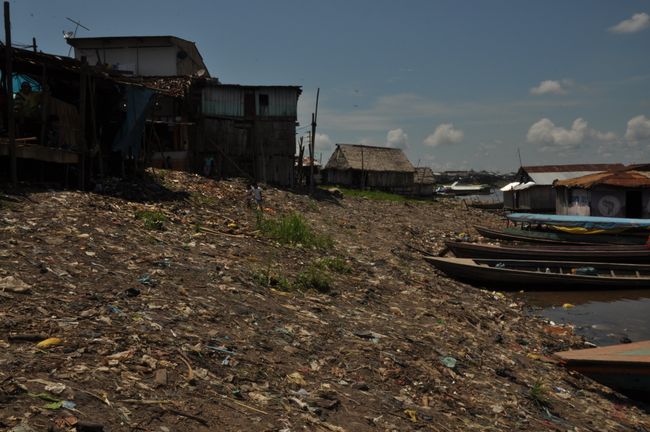
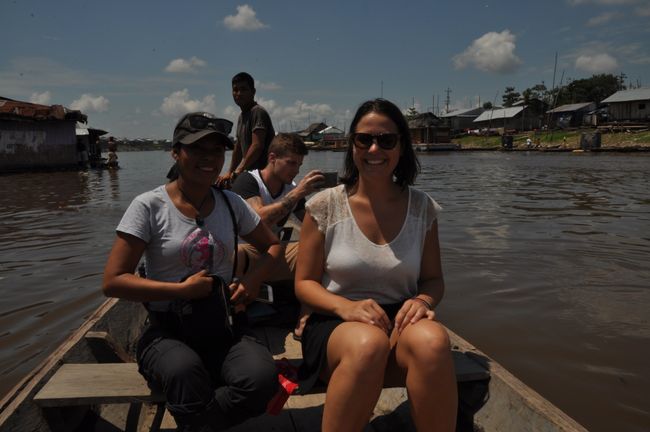
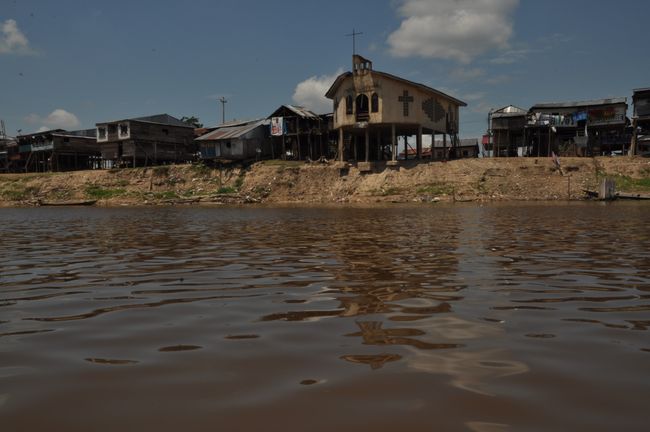
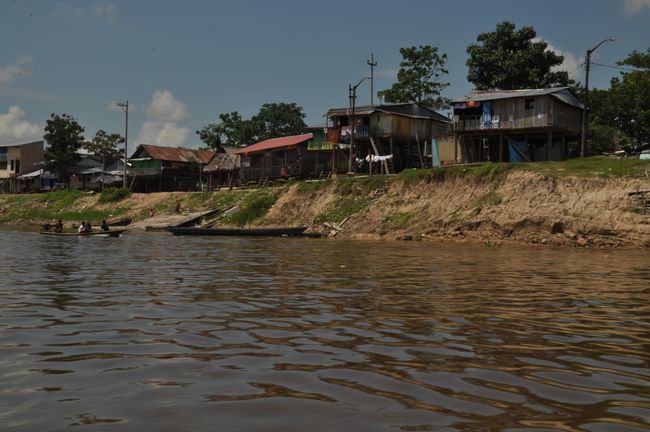
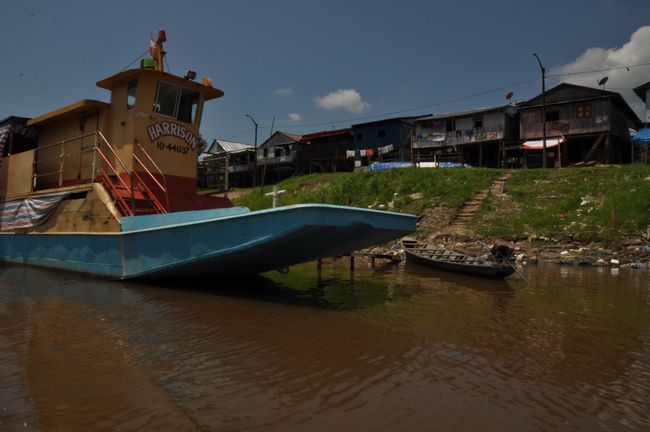
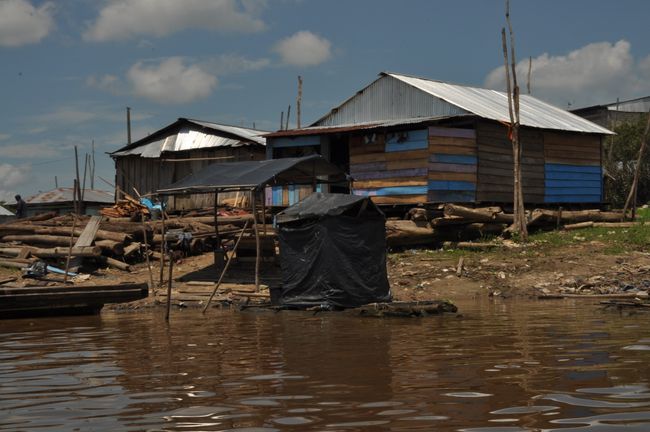
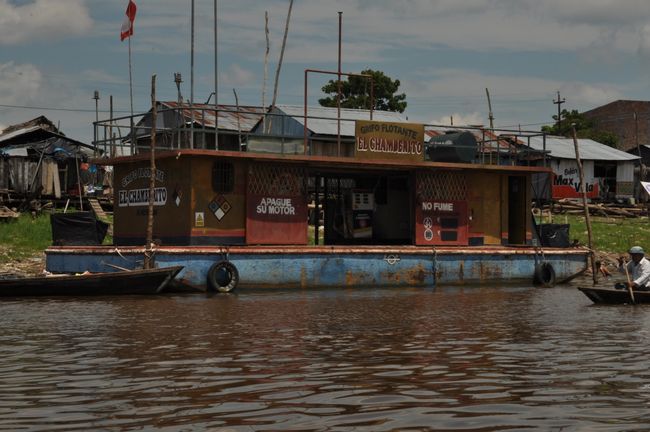
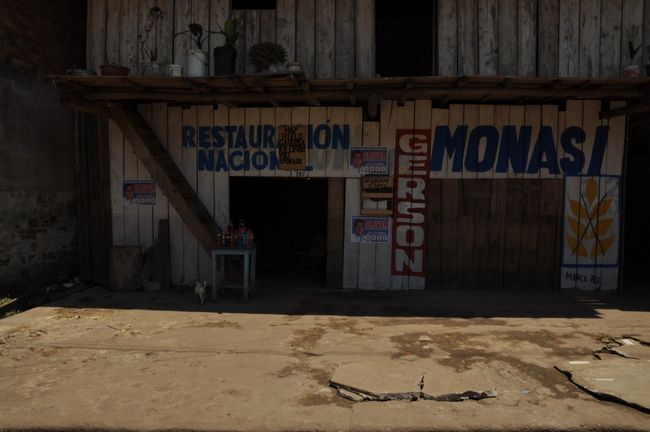
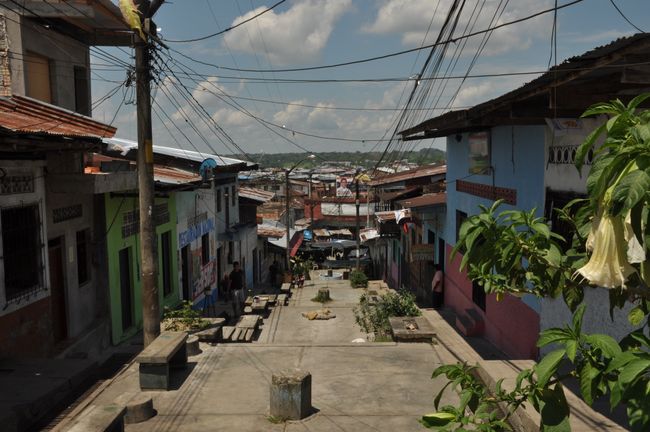
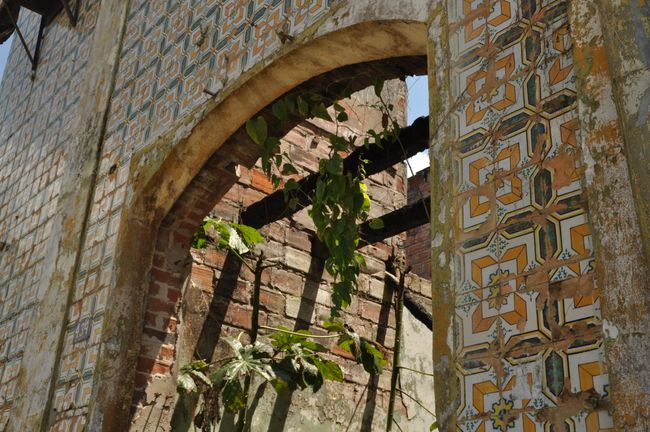
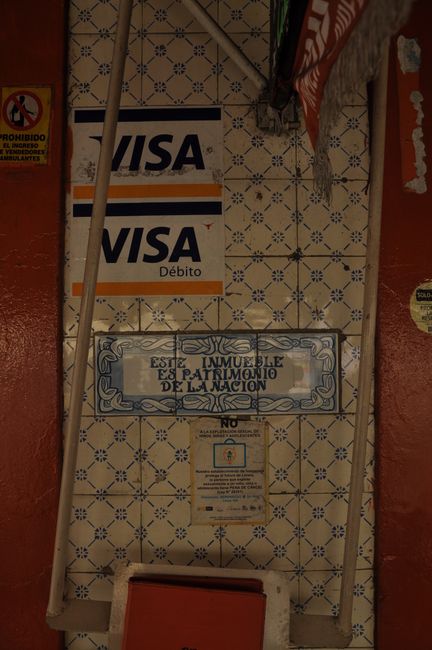
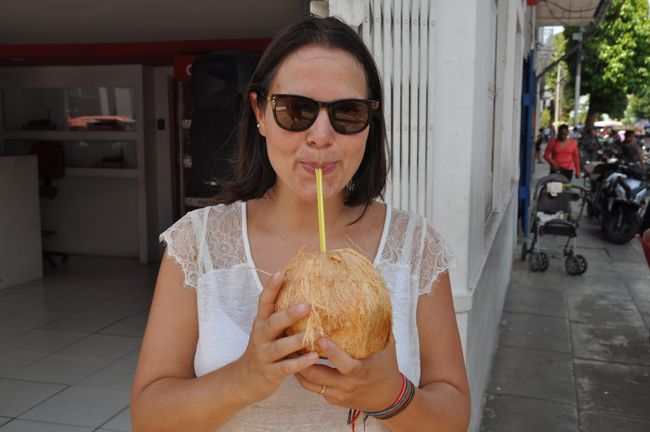
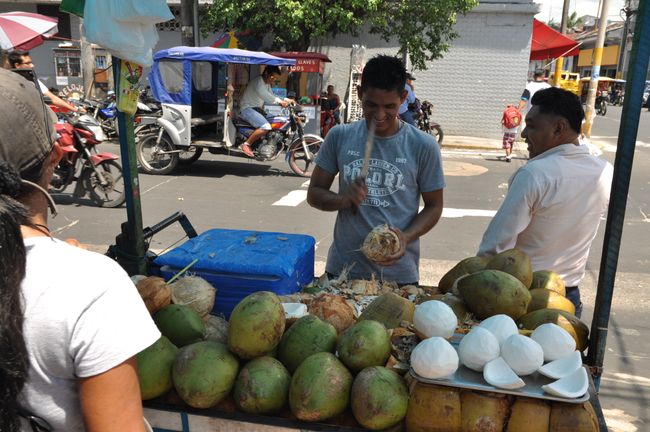
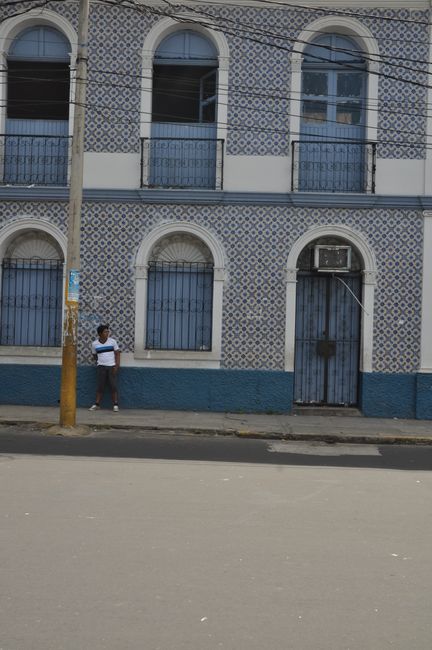
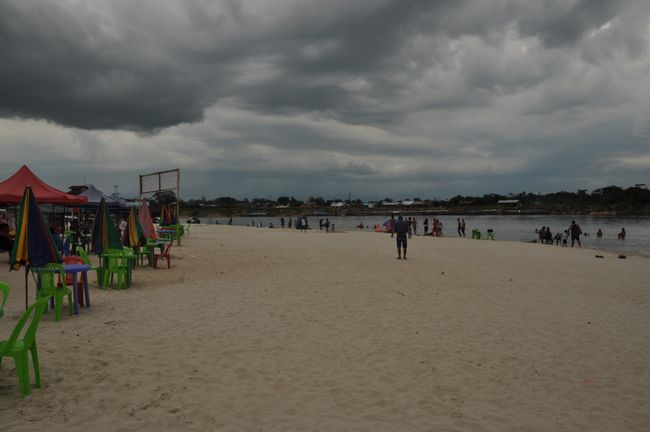
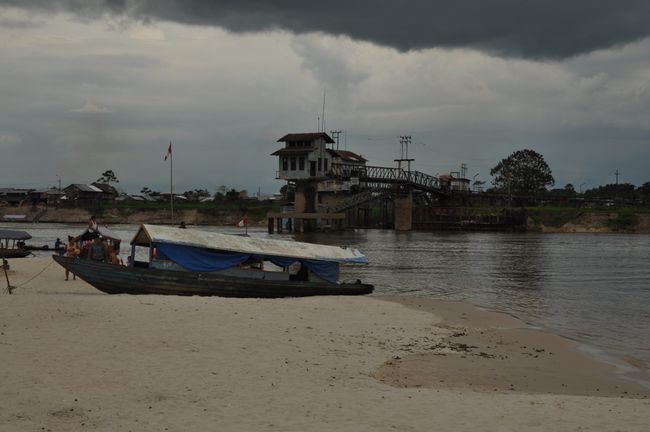
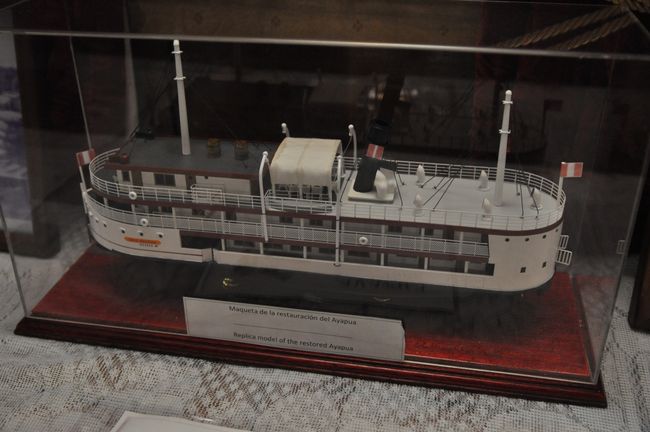
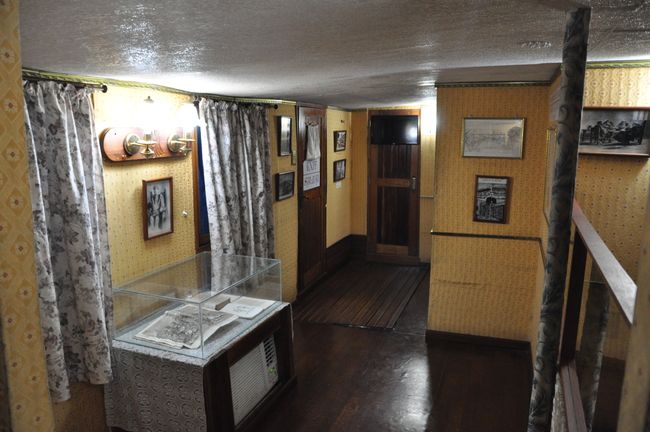
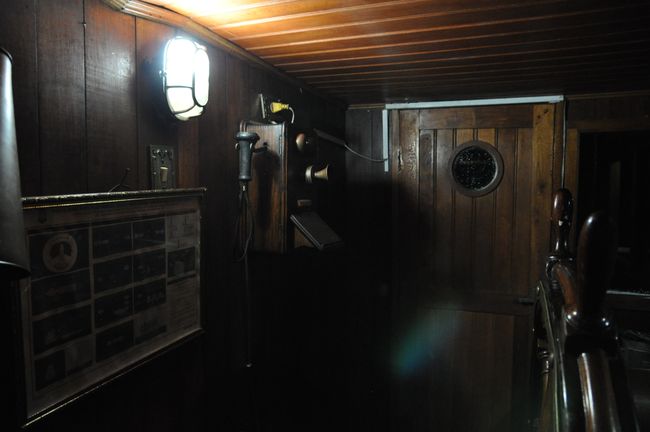
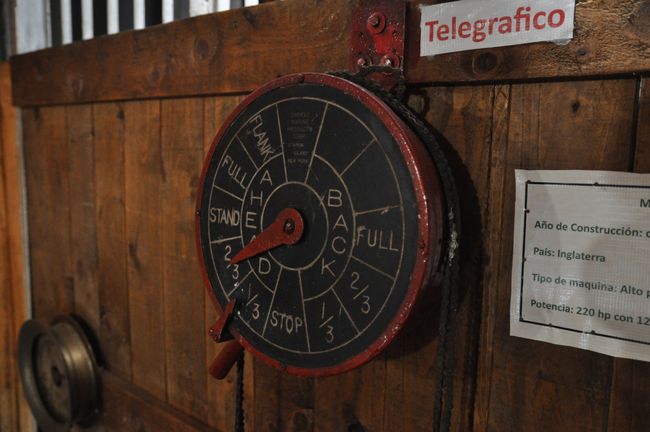
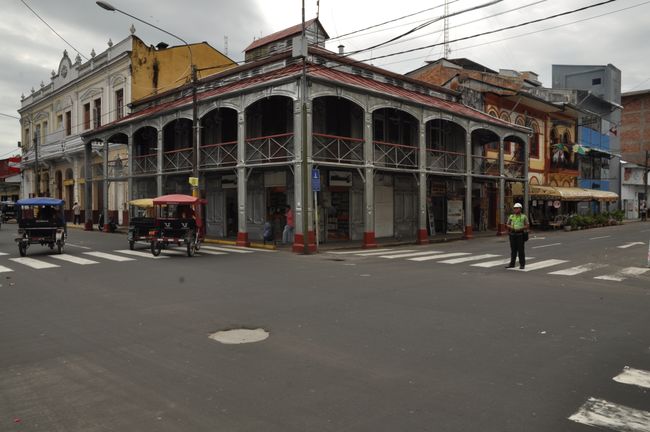
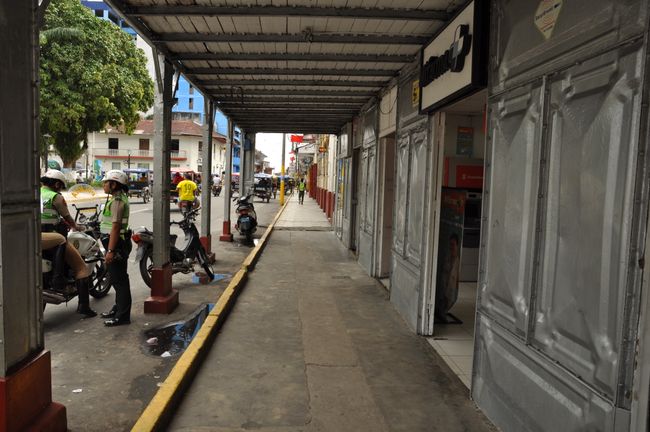
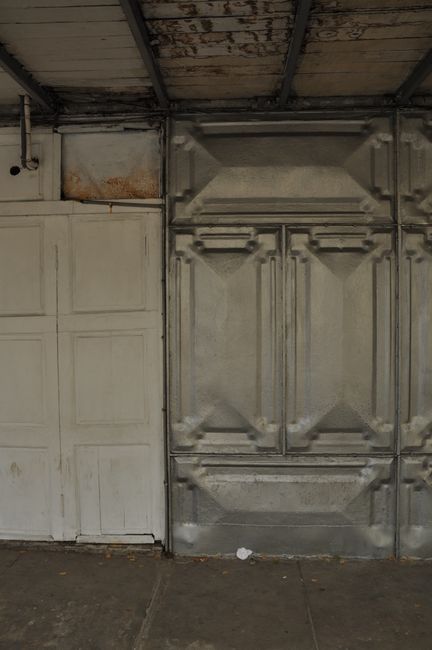
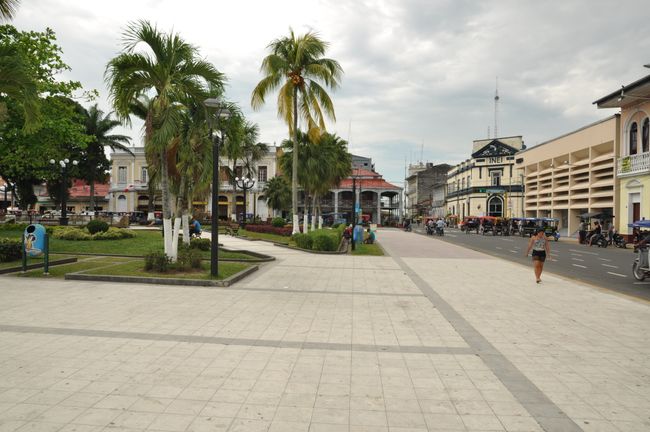
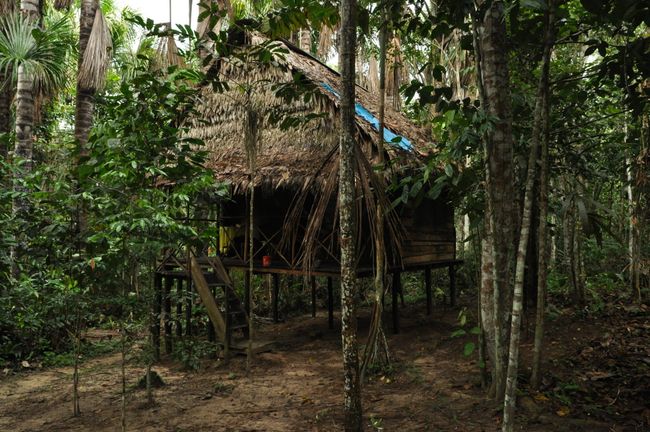
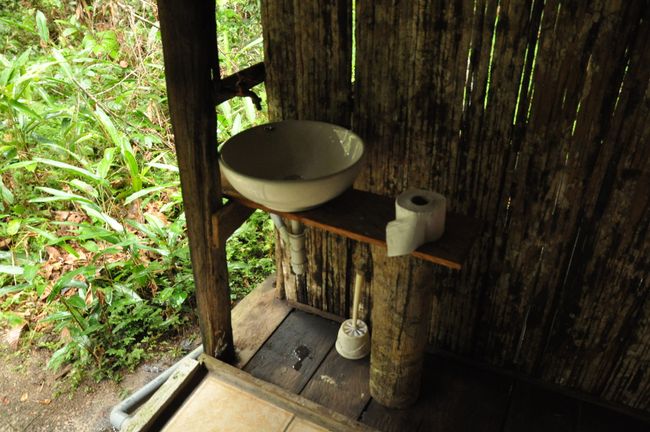
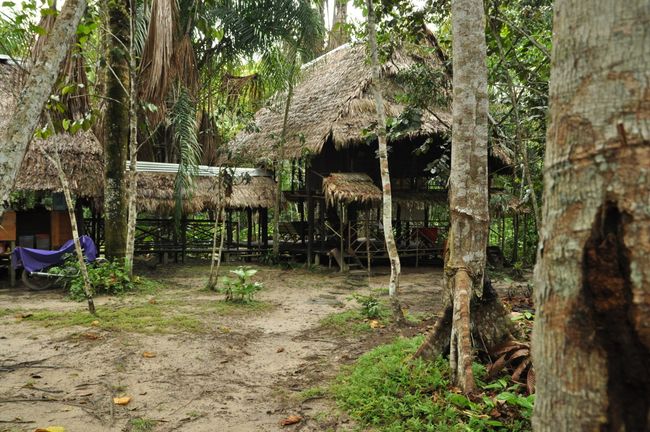
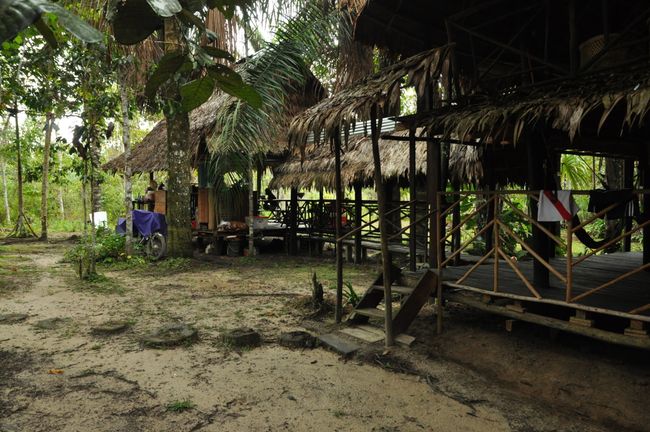
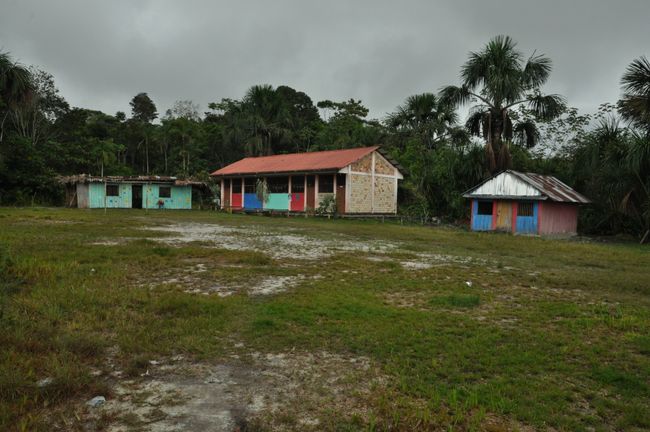
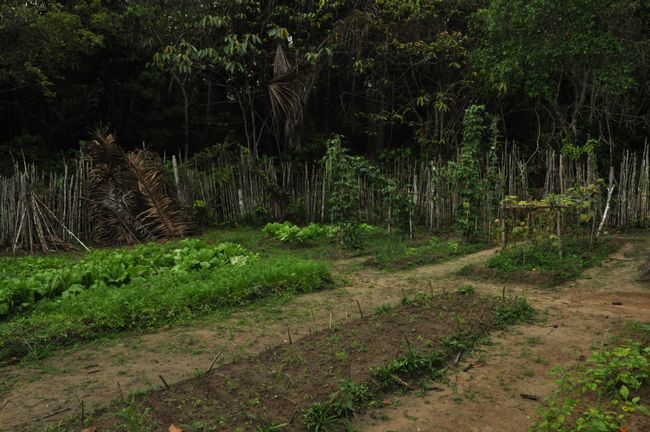
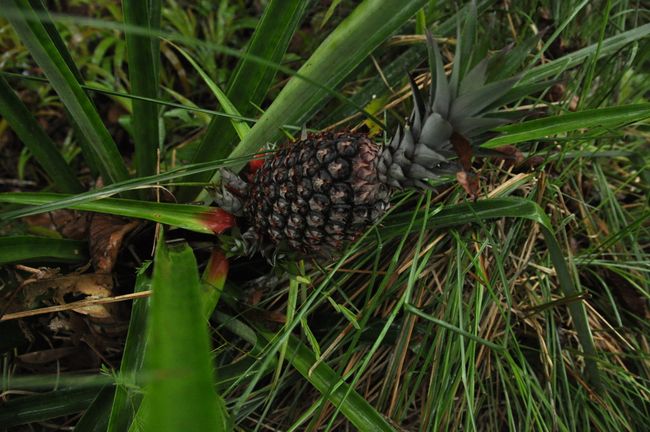
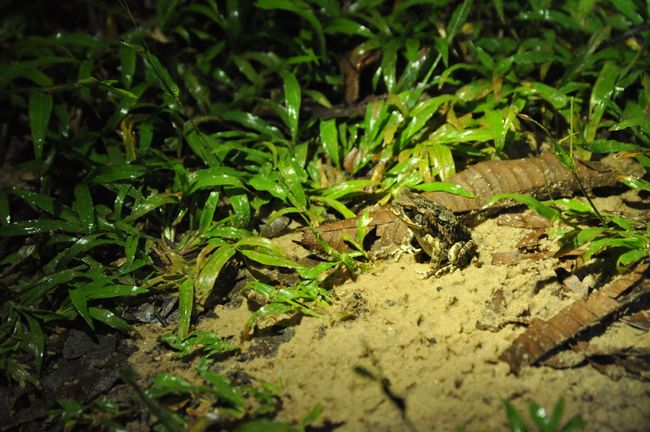
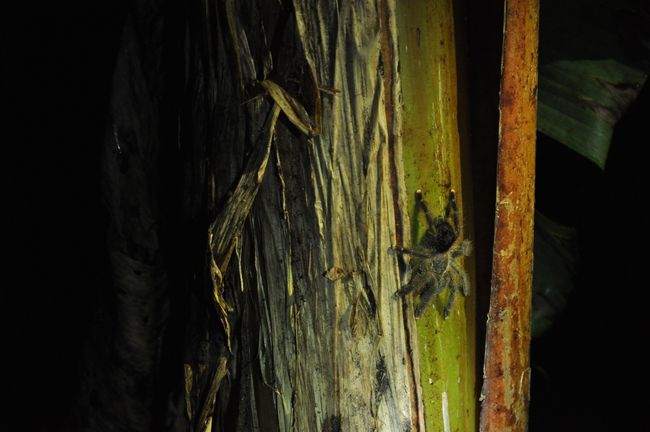
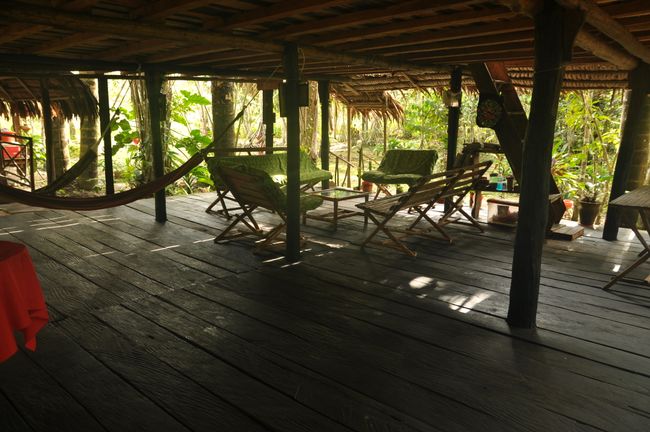
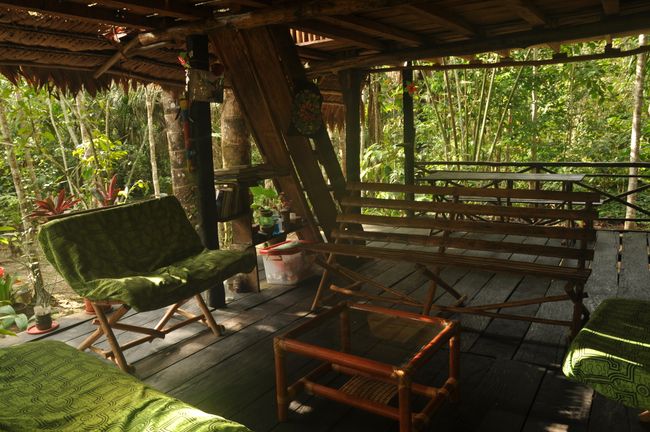
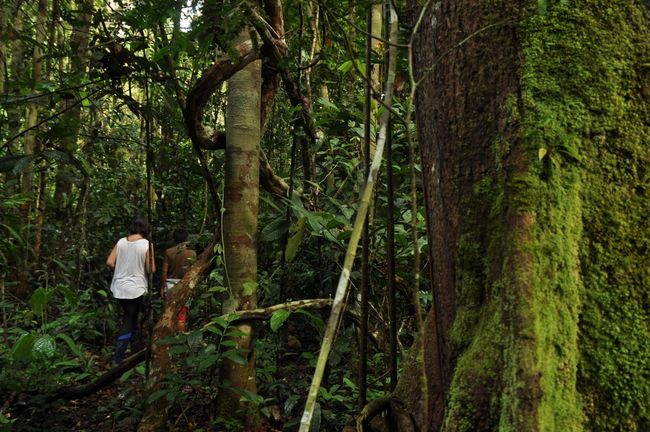
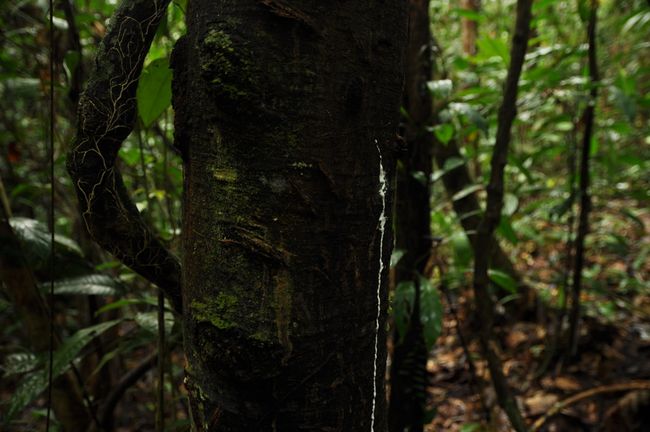
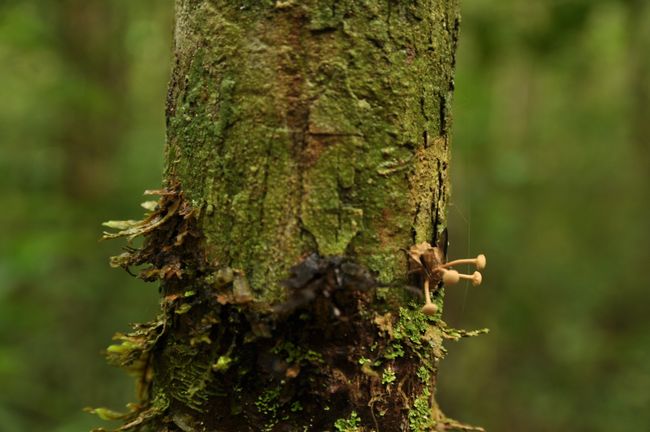
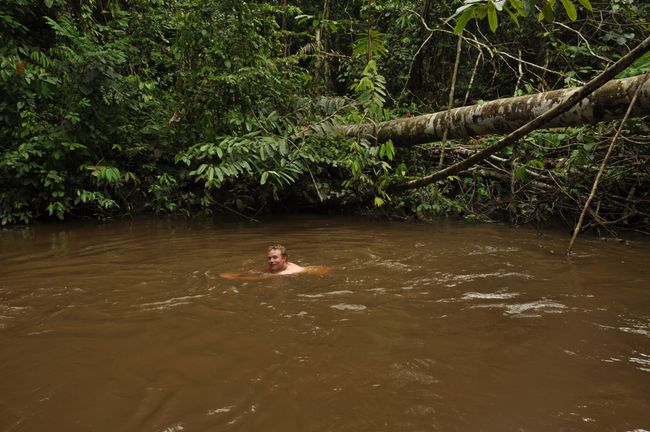
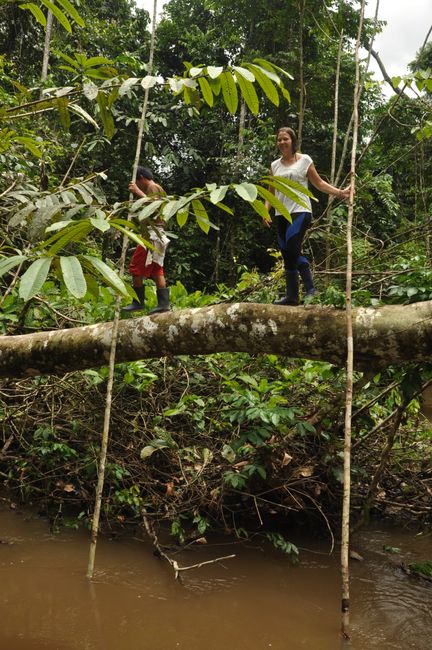
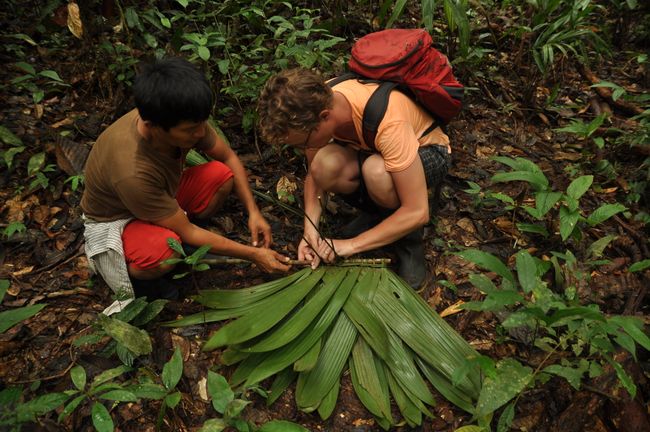
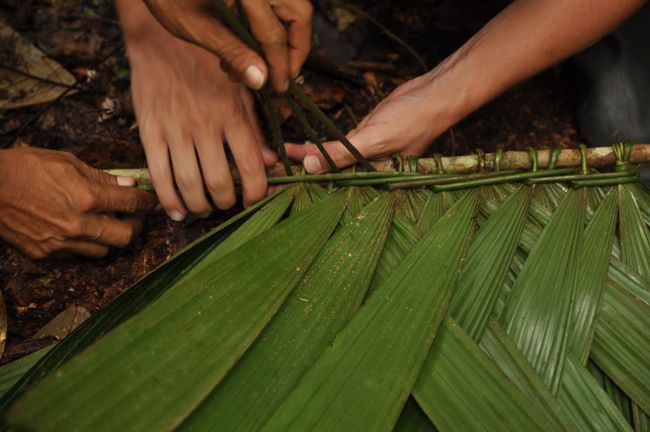
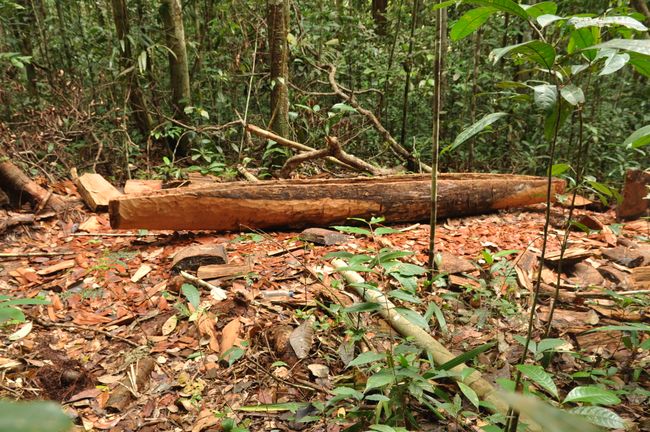
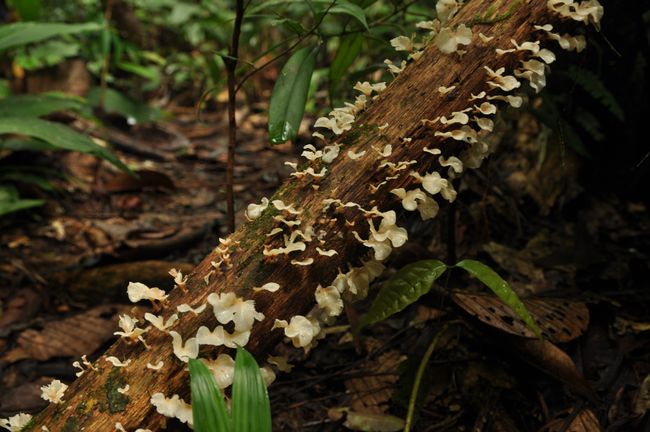
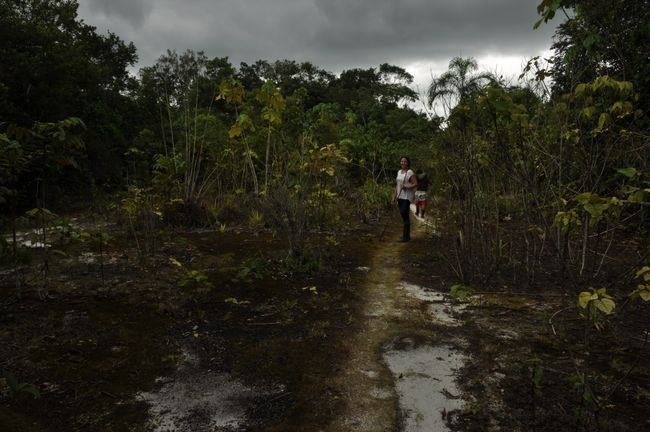
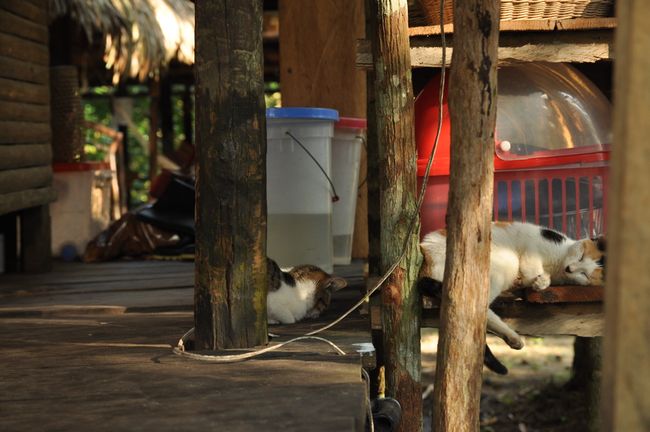
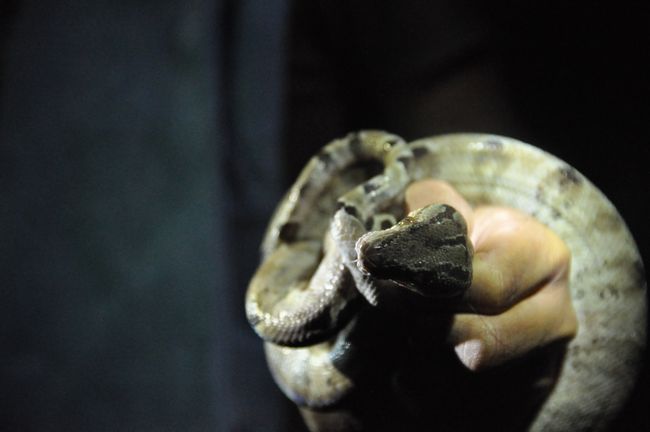
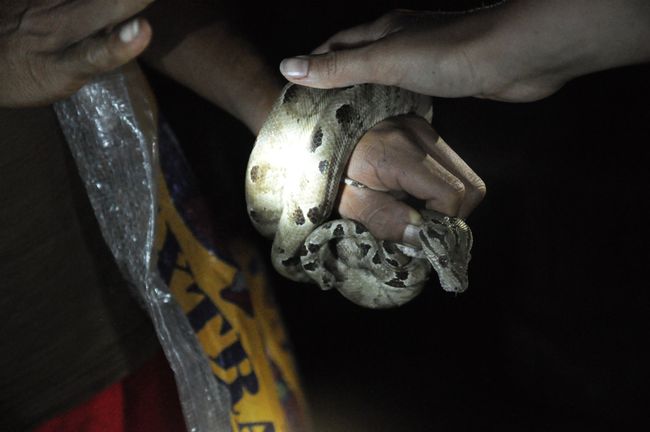
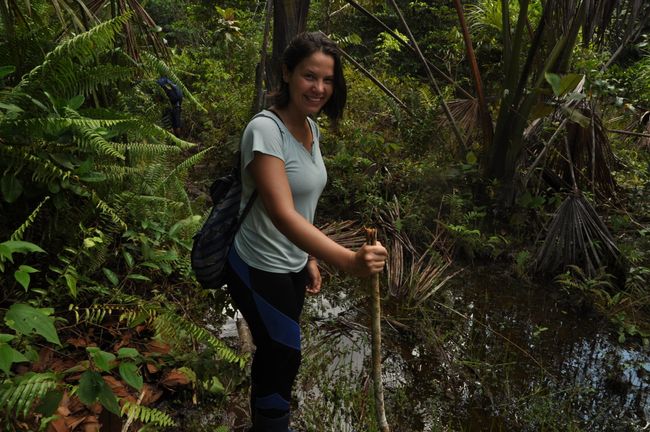
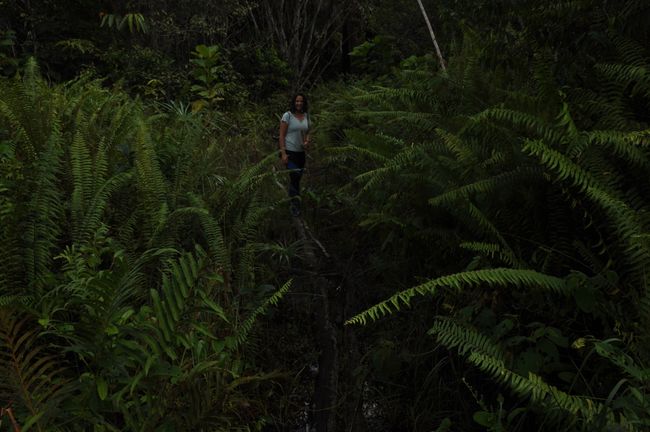
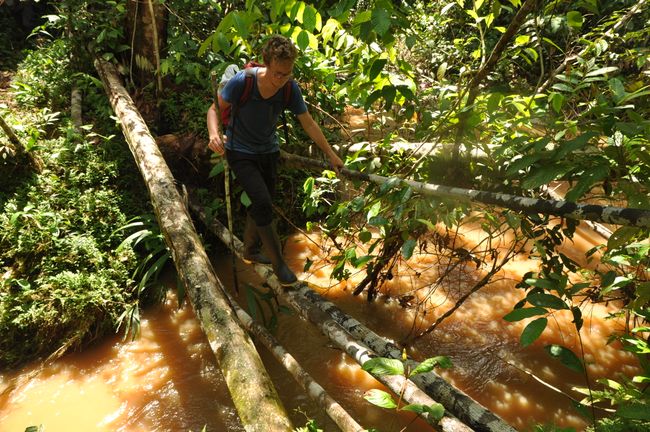
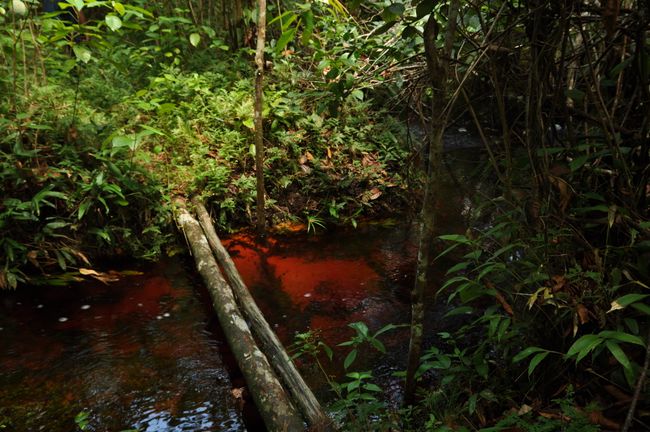
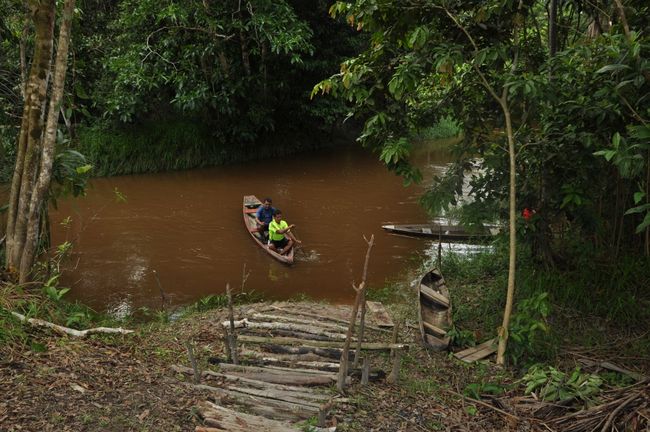
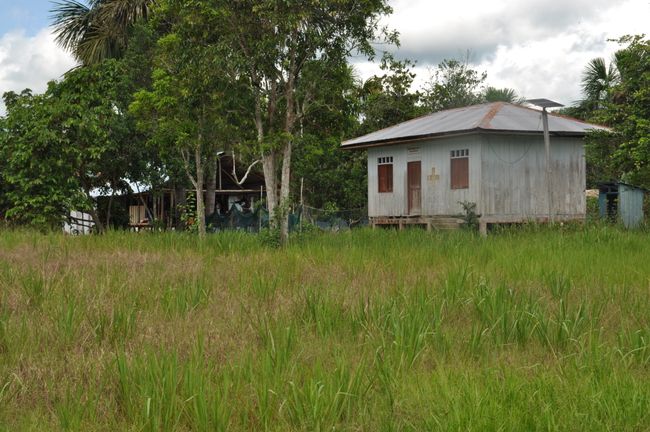
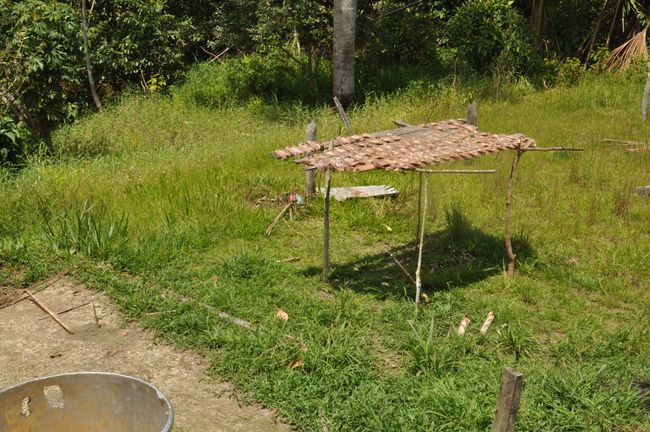
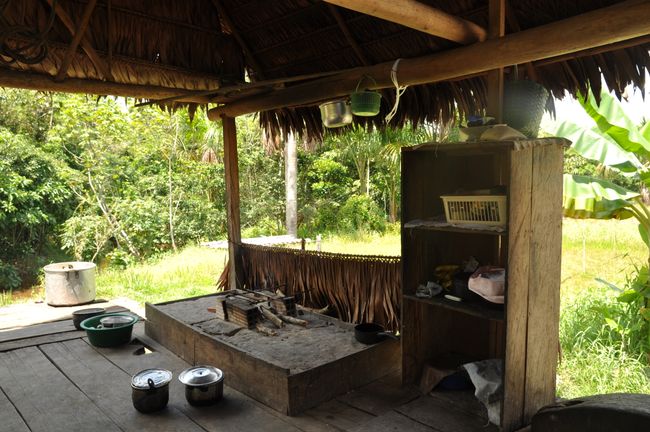
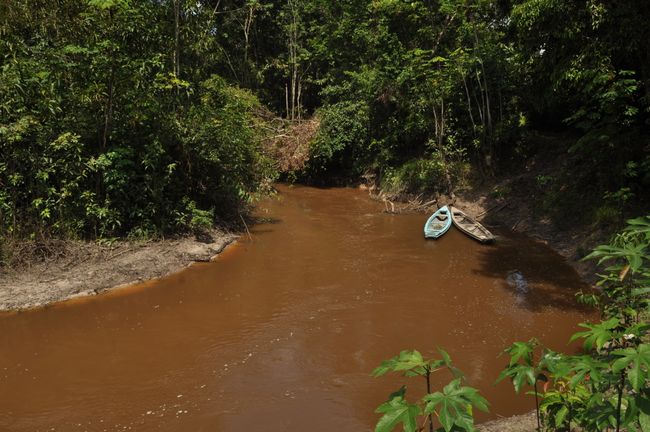
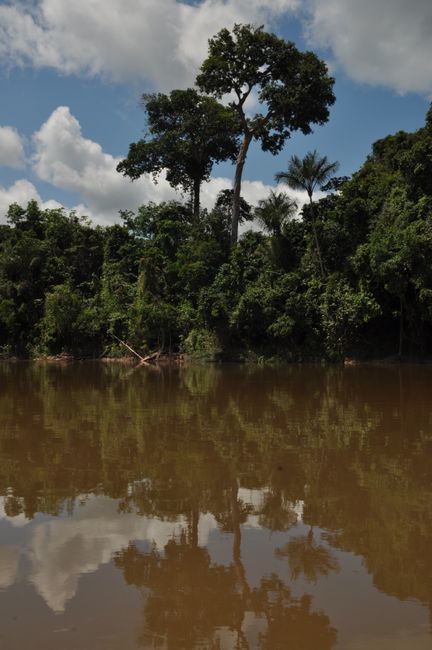
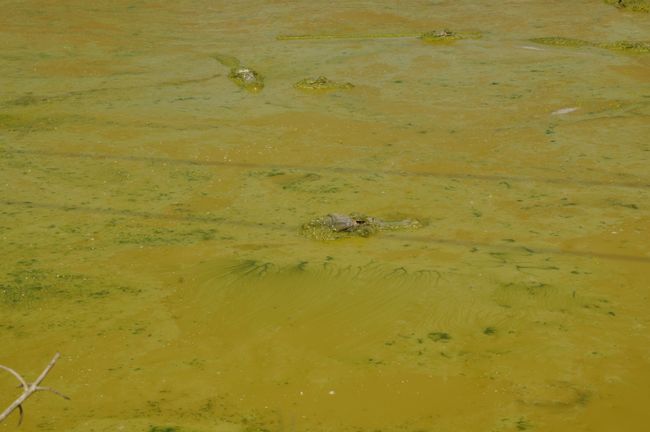
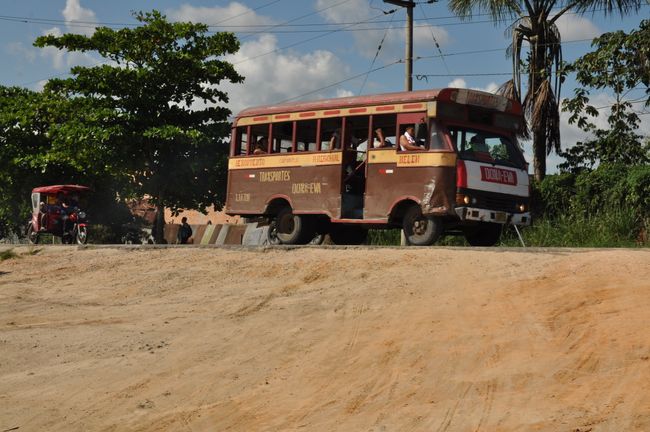
訂閱時事通訊
From the dusty desert air directly into the tropical natural sauna - the first thing you notice when you come to Iquitos is the oppressive heat. The city is a former missionary settlement and is the largest city in the world that can only be reached by water or air. Lively, bustling, crowded with tuk-tuks and buses converted from trucks, it has the worst road quality we have experienced so far. Bathtub-sized potholes, hard ruts, and nauseating roadside ditches mean that the human shock absorbers on the rickety tuk-tuk seats have to endure a lot.
Even though the city does not exactly meet the common beauty requirements of tourist demands, there are interesting and extreme things to see. In the simple neighborhood of Belén, there is a market that extends throughout the entire district and is only suitable for strong stomachs and adventurous souls. Challenge accepted, as we had already seen a lot in this regard. Streets stuffed with stands, garbage, and people are shaded very low with plastic sheets, so that there is no fresh air coming in at all. In addition to pleasantly scented herbs, vegetables, spices, etc., the sewage and waste from the stands collect on the streets, where dogs eagerly rummage through the plastic bags. Meals are prepared between unrefrigerated fish and meat, children sleep, or rainforest rarities are offered for sale. Turtles and maggots should be mentioned here as delicacies.
You can also experience Belén a little by boat. The shore is littered with garbage, and all wastewater, including sewage, is discharged into the river, as the toilets are built directly above the river. 50 meters further, pots are washed and children bathe. Poverty is omnipresent, and the consequences of lack of education and enlightenment are directly tangible.
At the moment there is a 'dry season', which means it only rains once a day and usually only for a short time. During the rainy season, the water of the river rises sharply, which is why the sheet metal huts near the river are raised on stilts.
But there are also clean rivers where we bathed. At the beach, there is food and drinks (even if you don't want to know exactly where the fish comes from) and above all very loud music.
Culturally, there are at least a few small things: colonial buildings with tiles, a strange house made of cast iron by Gustave Eiffel, and a steamship from the 1910s.
Three more days went into the jungle. There we stayed with the family of a local guide, on whom you are definitely dependent! You live here in small wooden huts with plant-covered roofs and no walls, technology, or electricity. There is flowing cold water, but no drain. Nevertheless, the toilet is neither unpleasant-smelling nor unusable because the bathroom also has no walls and is in the middle of the forest, and everything is composted. Except for contact with home, we lacked nothing in those days. We were generously supplied with typical food (mainly fish, rice, plantain, and avocado). In several guided walks, we discovered the 'green hell'. Without a machete and without a guide, it is downright dangerous because the paths are hardly recognizable as such and often lead through marshes and thick mud. Even the guide should not stray more than a few meters from the path, because the vegetation is so dense and everything is green, so you risk not finding the same path again. We got to know the diversity of flora and fauna, their healing potential, and toxicity. On a night hike, we saw wild tarantulas, but this was not the only contact with potentially dangerous animals. One night later, a nice, still young boa over a meter long was found in the main house. This tree python is not poisonous, but you still don't want to have it in your bedroom. The next day, we hiked for a few more hours when we stumbled upon a second snake, 2 meters long. Our guide reached out his arm and held us back until it disappeared into the undergrowth, as this one was deadly poisonous, probably a lancehead pit viper. After this encounter, we were glad to have made it safely out of the forest. We took the small boat back to civilization on the Rio Nanay, passing by a crocodile farm.
訂閱時事通訊
回答 (2)
Dorothea
Es ist faszinierend, was ihr beide so erlebt. Von sechstausend meterhohen Bergen bis ins Amazonasgebiet, Dschungel, Tropen. Wunderbare Auswahl von Bildern gepaart mit informativen und humorvollen Kommentaren. Ich warte schon auf die nächste Ausgabe😍Eva
Freut mich 😊😊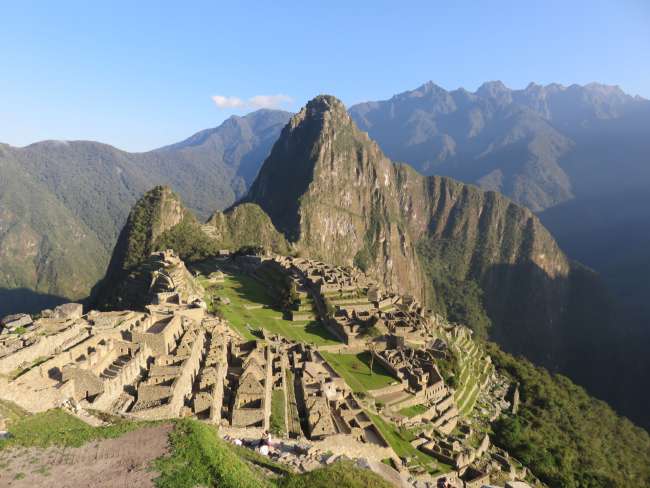
旅遊報告秘魯
